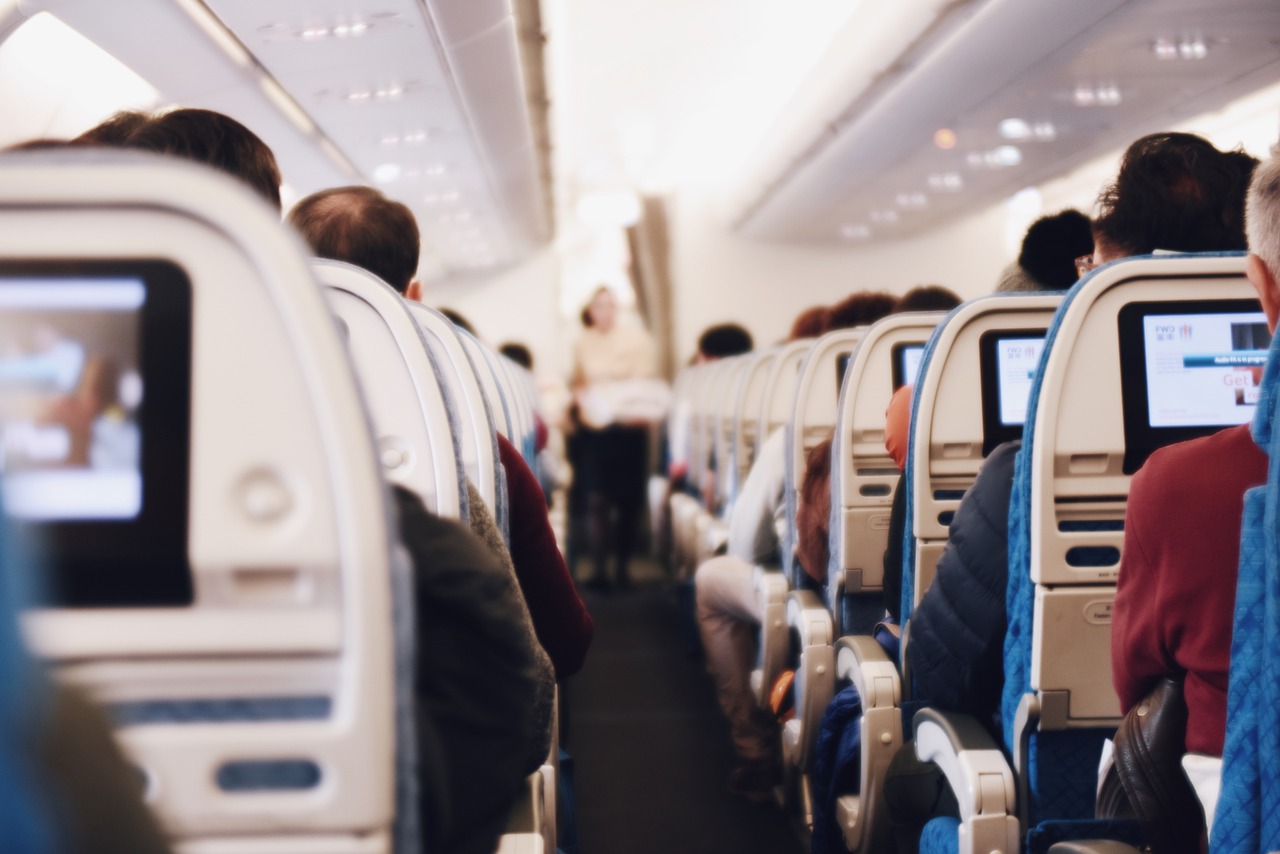
Most of the time, even frequent travelers are unaware of what goes on in the cabin behind closed curtains.
During the flight, passengers are subjected to a multitude of signals. Which ones, though, give rise to concern? Serious danger is indicated by the triple distress signal and the flashing light at the entrance to the cabin. Nevertheless, each nation and carrier may have unique regulations and code phrases of its own.
-----------------
-----------------
Hygiene
After the flight, a lot of airlines merely give the cabin a quick once-over. Pillows and plaids are folded nicely; no one washes them. Naturally, tables will be cleared and rugs cleaned, but there's no guarantee that a destitute man with a full stomach wasn't there before you took a seat. Try to avoid touching the aforementioned objects as much as possible, and always use wet wipes before eating.
Alcohol
Flight attendants advise passengers that one drink on an aircraft is equivalent to two on the ground. This is accurate since blood is affected by altitude, meaning that alcohol has a greater effect in the sky than it does on the ground. As a result, even if you choose not to drink due to aviophobia, you can find yourself feeling extremely at ease during the journey.
Flight attendants
Many people believe that flight attendants' duties just include serving food, maintaining cleanliness, and attending to passengers' other needs. However, flight attendants' primary responsibility is to serve as the captain's eyes and ears. As the most significant manager on board, the captain handles all emergency situations. The stewardesses oversee the sections of the cabin that have been pre-assigned to them, and they report to the liner's commander in the event of any unusual circumstances. Furthermore, it is mandatory for the stewards to check in with the pilots once per hour to ensure their well-being.
It may surprise you to learn that flight attendants are not compensated until the aircraft door is closed. Only the number of hours that flight attendants spend in the air is paid by several carriers. Thus, crew members bear the same consequences as passengers in the event of a flight delay.

Food
There is some truth to the rumors that airline food is unhealthy and heavy in calories. Nowadays, the majority of airlines serve nutritious lunches and avoid adding preservatives. Moreover, a lot of lunches on airplanes will be better than equivalent meals on land. Still, dinners in the sky might not appear as appetizing. A recent American Psychological Association study found that airplane noise levels can have a detrimental effect on passengers' perception of flavor.
Practical advice:
- Never board an aircraft without shoes. You wouldn't believe how much dirtier the floor of an average airliner is. Nor are restrooms the cleanest places. Even if you remembered to wash your hands, use them only when absolutely necessary, and don't forget antibacterial wipes when you get back to your seat.
- It's possible that the table you were just seated at wasn't intended for that use on an earlier trip. Some travelers, for instance, use it to change their infants' diapers. Antibacterial products can be helpful here as well. Both the table and the seat handles should be cleaned. for your personal security.
It is best to avoid mentioning terrorism on board if you don't want any trouble. The joke won't be appreciated by anyone, but you might be taken to the closest airport. During a flight, flight attendants typically have very little free time. For this reason, if you approach them for a drink of water yourself, they will be appreciative of you. In addition, you will simultaneously extend your legs.
- Passengers who are pleasant and courteous are given benefits. You might receive a larger serving of food and a more comfy seat in the cabin if the flight attendants like you.
